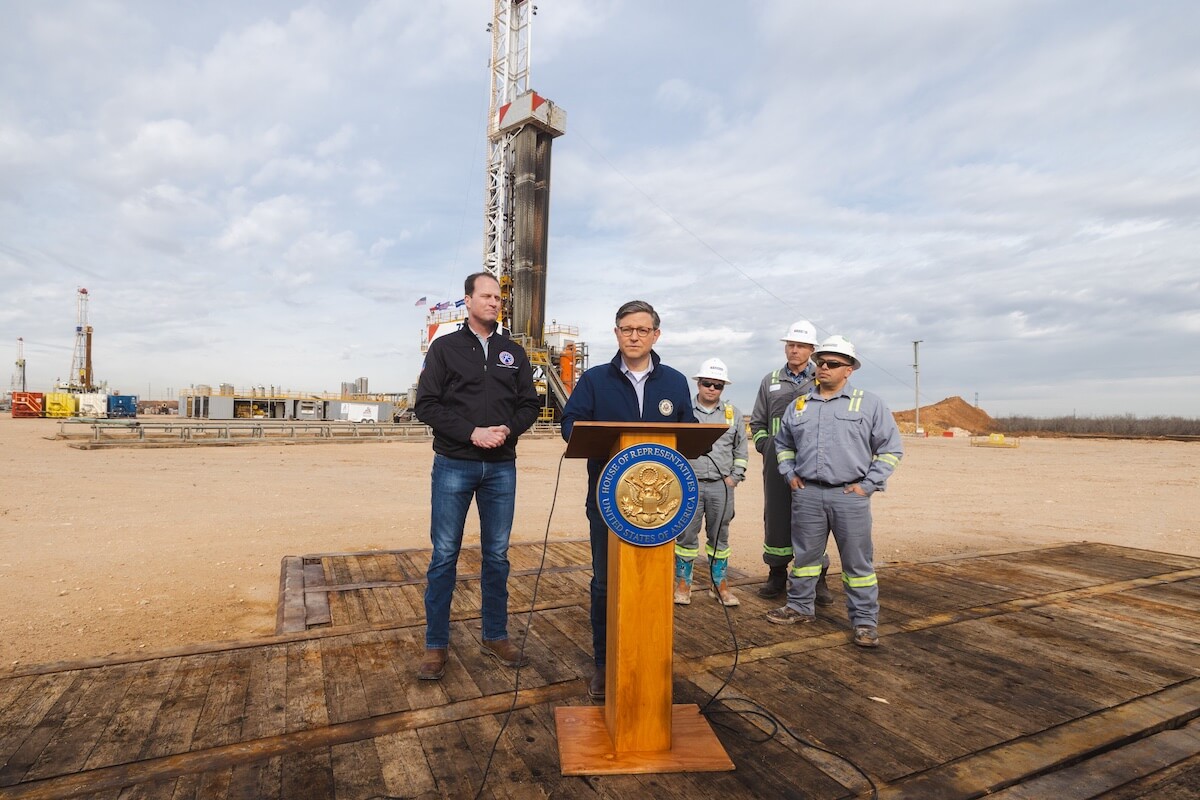ImpactAlpha, July 19 – Larry Fink has jumped from the frying pan into the fire.
Last month, the BlackRock CEO said he was backing off of the term “ESG” after it had become “weaponized.” But controversy didn’t stop the once-vocal advocate for climate action from naming the head of Saudi Arabia oil giant Aramco to BlackRock’s board.
Fink has been a fixture at the kingdom’s annual “Davos in the Desert” gathering, skipping it in 2018 after the murder of Washington Post columnist Jamal Khashoggi, but returning the next year. The $9+ trillion asset manager is also partnering with the Saudi sovereign wealth fund to invest in infrastructure in the region.
Fink said Amin Hassan Ali Nasser, who has led Aramco since 2015, has “a unique perspective on many of the key issues facing our firm and our clients.”
“The Saudis are entitled to a voice on this board. They’ve got a trillion dollars invested in there,” Yale University’s Jeffrey Sonnenfeld told CNBC. “But not this guy.”
The appointment is the latest retreat for Fink. Though he once extolled the virtues of environmental, social and governance, or ESG, investing, he has scrubbed the three letters from his annual missives. In June, he told attendees at the Aspen Ideas Festival that ESG has become “weaponized” and that he was “ashamed of being part of this conversation.” BlackRock has delegated proxy voting decisions – what some asset managers consider stewardship – to institutional and, increasingly, retail investors.
Peak Fink
The appointment of Nasser may reflect a pragmatic view that oil and gas companies must be part of the energy transition. And to be clear, BlackRock has never pulled back from fossil fuel investments, despite Fink’s rhetoric. But it’s also “a cunning move” that “protects BlackRock from vultures questioning its public ESG stance, which in practice was never hard core,” Sasja Beslik of NextGen ESG told Bloomberg.
Fink, along with his peers at State Street and Vanguard, became a very public bogeymen for the ESG haters. “For the first time in my professional career, attacks are now personal,” he lamented.
Alison Taylor of NYU’s Stern School pegs “peak Larry Fink” to January 2020, when the globetrotting BlackRock CEO was generating headlines with his urgent calls for climate action and attention to environmental, social and governance issues. That changed with the Russian invasion of Ukraine and a noisy Republican campaign against ESG and “woke” capitalism. States including Florida and Utah pulled some $4 billion from BlackRock funds.
“The lack of moral courage from society’s most wealthy and powerful members in the face of political retaliation sure is fascinating—and depressing,” Taylor recently wrote. “I’m not calling the end of ESG. I am calling the end of the Fink era and its shallow, win-win rhetoric.”











